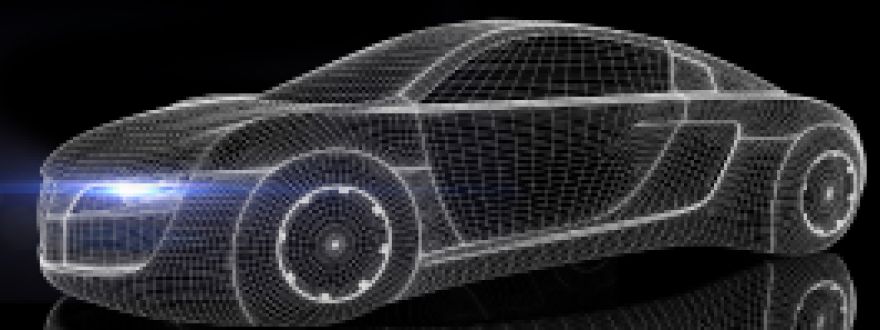
Automobiles are continuously evolving, whether we are ready for it or not.
While some people may still prefer to own and drive their vehicles, the emergence of self-driving cars is set to change the landscape of both commercial and private transportation. As autonomous vehicles become more common, consumer preferences are likely to shift. But what does this mean for auto insurance?
The future of the industry is still uncertain, though several predictions have been made.
Prediction 1: Privately Owned, Driver-Operated Vehicles
Despite technological advances, many people will likely continue to prefer owning and driving their own cars.
There are several reasons why people might stick with traditional vehicles. These include convenience, safety, privacy, flexibility, and the sheer joy of driving. The tactile experience of controlling a vehicle is powerful and appealing.
In this scenario, auto insurance would largely remain the same. The vehicle owner would be the primary insured person, and the policy would cover standard protections like driver liability, collision, and comprehensive. This is considered the most conservative prediction for the future.
Prediction 2: Driver-Operated Shared Vehicles
Consumer interest in shared vehicle services has been growing. Companies like Uber and Lyft have become major players in the transportation sector, driven by the economic and convenience benefits they offer.
In this model, the vehicle could be owned by either a company or an individual. Standard insurance coverages such as comprehensive, liability, and collision would still apply. Even with autonomous vehicles available, owning a shared, driver-operated vehicle could be seen as a more prestigious option due to its higher cost.
Prediction 3: Privately Owned Autonomous Vehicles
Current developments show that autonomous technology is practical, safe, convenient, and affordable. Nevertheless, private ownership might still prevail.
Many consumers are drawn to autonomous vehicles for their safety and reliability but may choose to own them for convenience and the pride of ownership.
In this future, a new insurance product, potentially called "personal autonomous vehicle insurance" or "AV coverage," would be necessary, according to Deloitte. The owner would need comprehensive and liability coverage, while the manufacturer or operating system provider would require a commercial policy that includes AV product liability.
Prediction 4: Shared Autonomous Vehicles
The merging of shared mobility and autonomous technology could lead to this future scenario.
Companies like Uber and Lyft might operate fleets of autonomous vehicles, likely first adopted by urban residents who typically don't own private cars.
As shared autonomous vehicles become more common, they could expand into suburban and rural areas.
In this case, commercial AV vehicle insurance would cover all parties involved. Companies owning the fleets would need comprehensive and liability insurance, and the system provider would likely require a commercial policy covering AV product liability.
No matter what the future holds, it's clear that auto insurance will need to adapt. The integration of new technologies into the longstanding insurance model is inevitable.
If shared autonomous vehicles gain widespread popularity, there could be a significant shift in the balance between personal and commercial auto insurance policies, potentially lowering costs for consumers by shifting more liability to large transport and manufacturing companies.
Only time will tell what the future of auto insurance in the United States will look like, but one thing is certain: technological advancement will continue.






